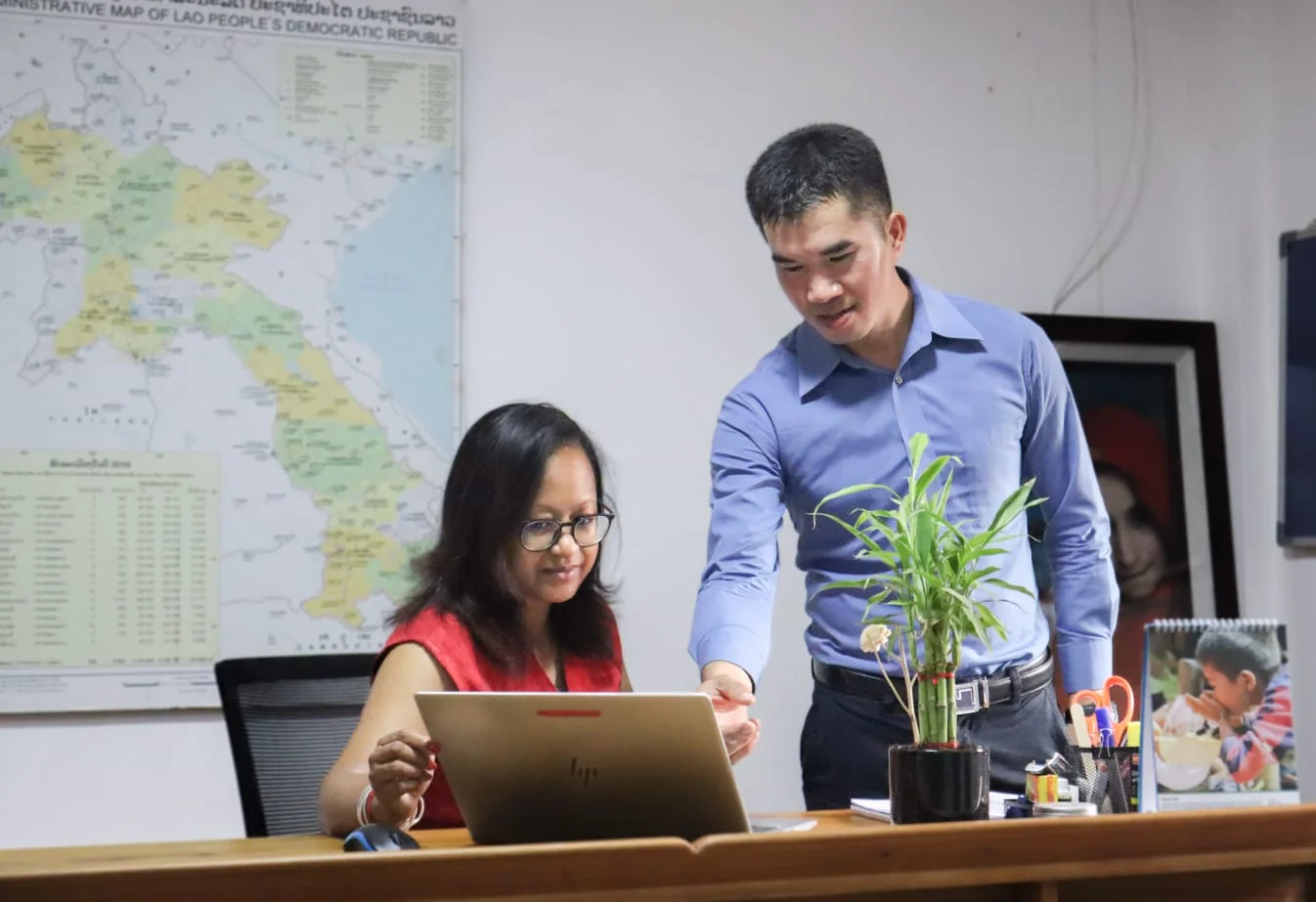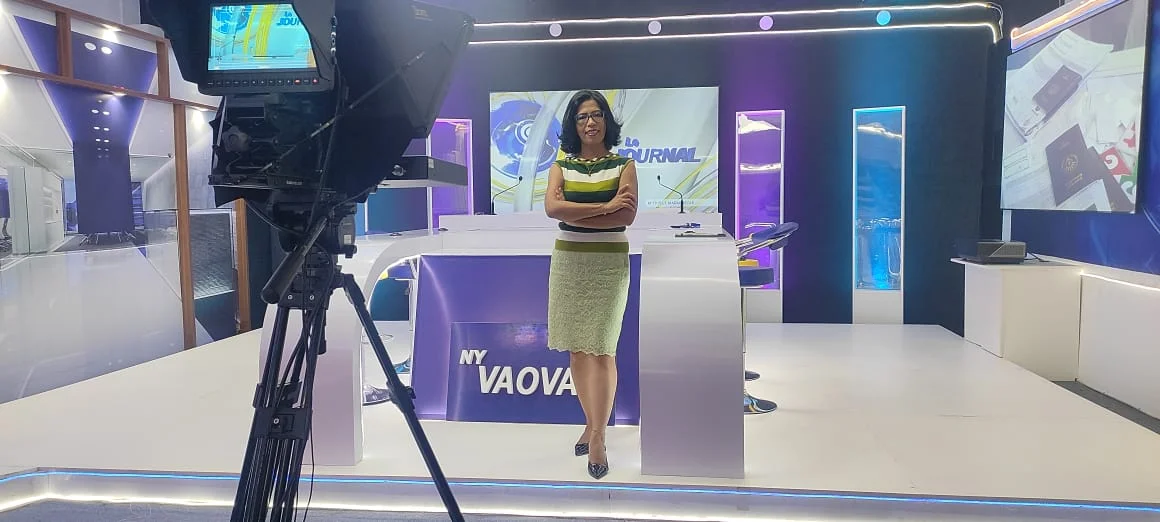
Miarana Ramefison : Malagasy from here and elsewhere - Head of Operations of an NGO in Laos and Myanmar
Can you tell us about your academic and professional background before joining this NGO in Laos?
I did my academic studies in religious institutions - In Tamatave at the level of the Saint Joseph school and Stella Maris then at the Catholic University of Madagascar in Antananarivo.
On my professional path, I have forged my weapons with international consulting and auditing firms, including one of the big four international auditing firms that was established in Madagascar in 2007. I specialized in internal auditing, consulting and project auditing which allowed me to travel in several countries.
After having been in the post audit of various projects financed by international donors, I decided to join an international NGO as a Risk & Compliance Manager. Then always driven by the motivation to do the best for my country and to put my hand to the wheel, I joined the operational team as Head of Operations in Madagascar, thus overseeing Finance, Human Resources, Supply Chain management, Information Communication & Technology, Safety & Security and Risk & Compliance. After 4 years, I decided to take the same position but managing 2 countries: Laos and Myanmar. And I am currently based in Laos.
What motivated you to work for an international NGO and more specifically for Laos and Myanmar?
During my various trips, I was always fascinated by what these projects were doing. Beyond being the one who audited to raise the findings and sometimes ineligible expenses, I wanted to take part in how to bring my added value in the process for the development and assistance to the most vulnerable.
The choice of this NGO is made by the vision and the motivation that it inculcates, the human dimension of the work, not only for the beneficiaries but also for the staffs.

The choice of countries depended on the vacancies but the main motivation was that I had no experience at all with South Asian countries, so more in the curiosity of discovery.
I am based in Laos and we all know the security situation in Myanmar at the moment but that's why we, NGOs, exist, to help and assist the poorest people.
What challenges have you encountered in your work in Laos, and how have you dealt with them?
The big challenge is cultural adaptation. Each country has its own culture and respecting this difference, this diversity, is very important in order to build trust and collaboration between myself and the teams.
It is necessary to have a time of observation to listen and see. There will be a thousand and one ways of doing things, but it all depends on the context on how best to proceed.
Another challenge is the fact that Myanmar is not yet accessible so management is done remotely. However, I was lucky enough to have met the team physically when they were in Laos and after that the relationship has been mostly online until now. It is necessary to always establish a friendly base of communication because virtual communication can be subject to various interpretations and messages do not necessarily pass as one would like.
Can you describe a typical day in your work for your NGO in Laos?
Mainly I work on my computer via Teams or Whatsapp considering the fact that teams are located in various areas (countries or sub-offices). After this long period of confinement due to Covid, it is nice to interact with other people. Generally, we always have team activities ranging from a lunch together to a cooking session or other wellness activities at lunch time. The family spirit is very much instilled. Our working hours are generally from 8:30 am to 5:00 pm, but due to the time difference with our headquarters in the United States, meetings/trainings with them are done in the evening or very early in the morning.
How do you see the impact of your work on local communities in Laos?
The implementation of programs and projects requires the establishment of solid, coordinated and organized support. Hence the division of the NGO into two distinct functions: the programmatic part in charge of technical aspects and the operational part for the management of all support functions.
The impact lies in the possibility of achieving the programmatic objectives as regards the support given: to the purchases made, to the organization of transport to serve the distributions at the level of the various sites, to the renting of warehouses for the storage of foodstuffs to have the necessary quantity available according to the needs and to avoid shortages, to the correct maintenance of the vehicles for the realization of the various displacements, but the most important thing, I think, is the provision of the necessary personnel, because without the human factor, we can do nothing. And this function is in the operational part. Beyond the financial resources that we obtain from donors, the material resources that we acquire for the implementation of programs and projects, human resources are one of our greatest assets.
Finally, what advice would you give to someone considering working for an international NGO?
You have to have the passion and desire for humanitarian work and field work. I think this is very important because you have to love what you do and also find pleasure in doing it. The context is never obvious, the comfort is not always there, the risk can exist but in the end, beyond the financial aspect, what is the purpose of the work we do, that is the question for me.


.webp?alt=media&token=c16ba5ab-297a-4236-b1e4-043cce8e784a)